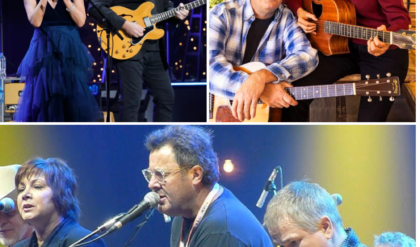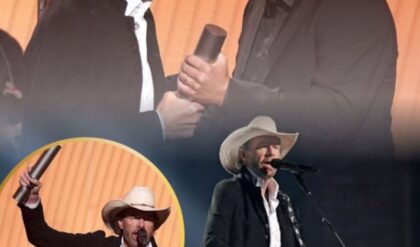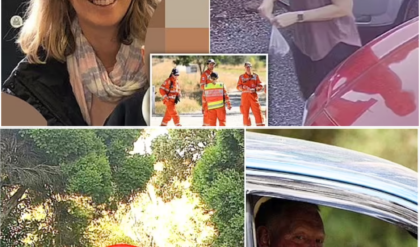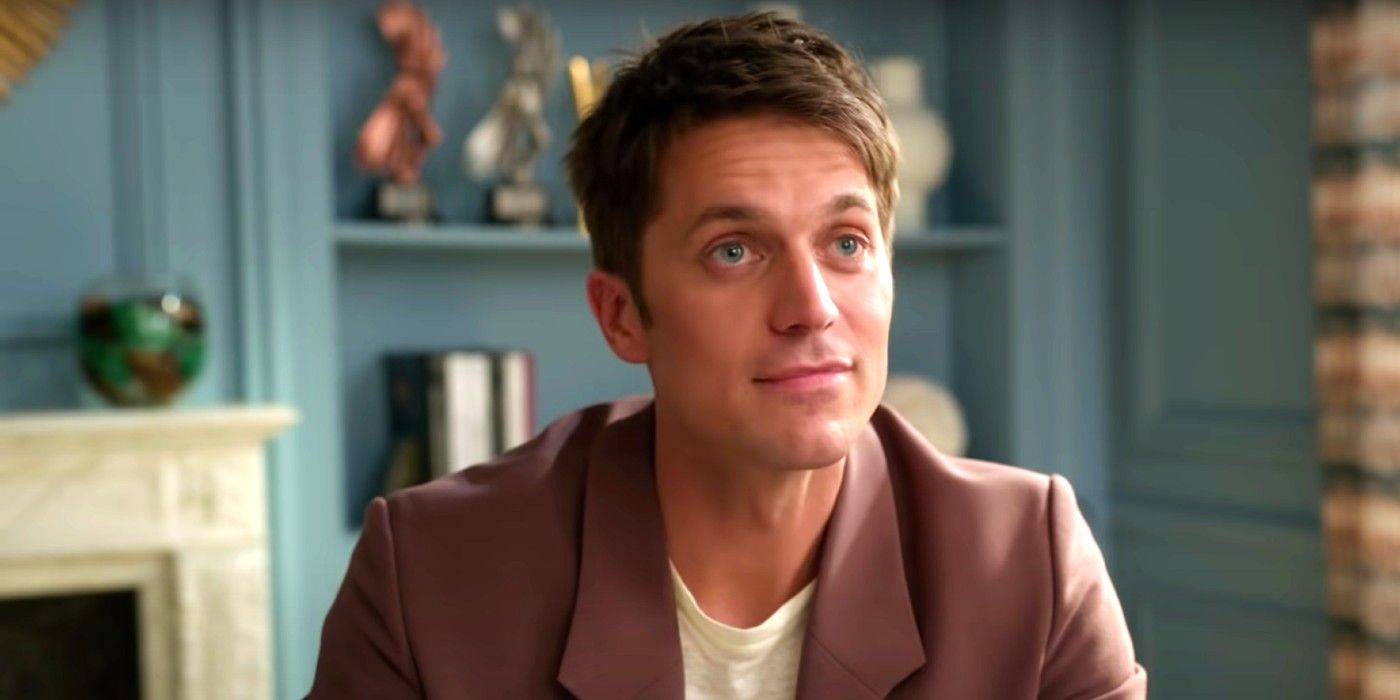
Emily in Paris actor Lucas Bravo opens up about why he hates being cast as a heartthrob. Bravo plays Gabriel in the Netflix series, which features Lily Collins as the titular Emily Cooper, an American in her twenties that moves to Paris to help a French marketing firm with an American perspective. While there, Cooper struggles to find success in the workplace. The character also searches for love and experiences a culture clash with her vastly different Midwestern U.S. upbringing. After a divisive first season, which nonetheless had plenty of people talking, Emily in Paris season 2 premiered on December 22.
Gabriel, Emily’s downstairs neighbor, is a chef. The two characters first cross paths in their apartment building. It’s sort of a meet-cute, with Emily failing to grasp how the French number the floors in a building. As a result, she repeatedly tries to open Gabriel’s and believes it’s her apartment. Flirtations and romance follow, with the duo becoming one of the show’s main relationships. But to hear Bravo tell it, he’s rather pessimistic about the idea of fame and quite dislikes being typecast as attractive characters.
In an interview with The Times, the model-turned-actor talked about why he feels strongly about being labeled as a heartthrob. Bravo notes that the label limits the sort of roles and characters he might otherwise be considered for, adding that the word “heartthrob” conjures up a sort of idealized image that doesn’t align with the person Bravo is in reality. At times, the Emily in Paris lead struggles with the fact of being famous at all. “I think being famous is the worst thing that can happen to you. It’s just smoke. It doesn’t mean anything,” he says. Read his full quote below.
“I’ve been working for this for ten years… feeling like you’re going in the right direction… Then I was just like a heartthrob overnight. It feels a bit rushed. Too much attention for the quality of work I provided. I think being famous is the worst thing that can happen to you. It’s just smoke. It doesn’t mean anything.”
“All the little things that define who you are and make you human once you’re in that [heart-throb] category are perceived like a flaw. And I don’t want to be perfect. I’ve been working against that. In France, they don’t want good-looking. They want broken faces. ”
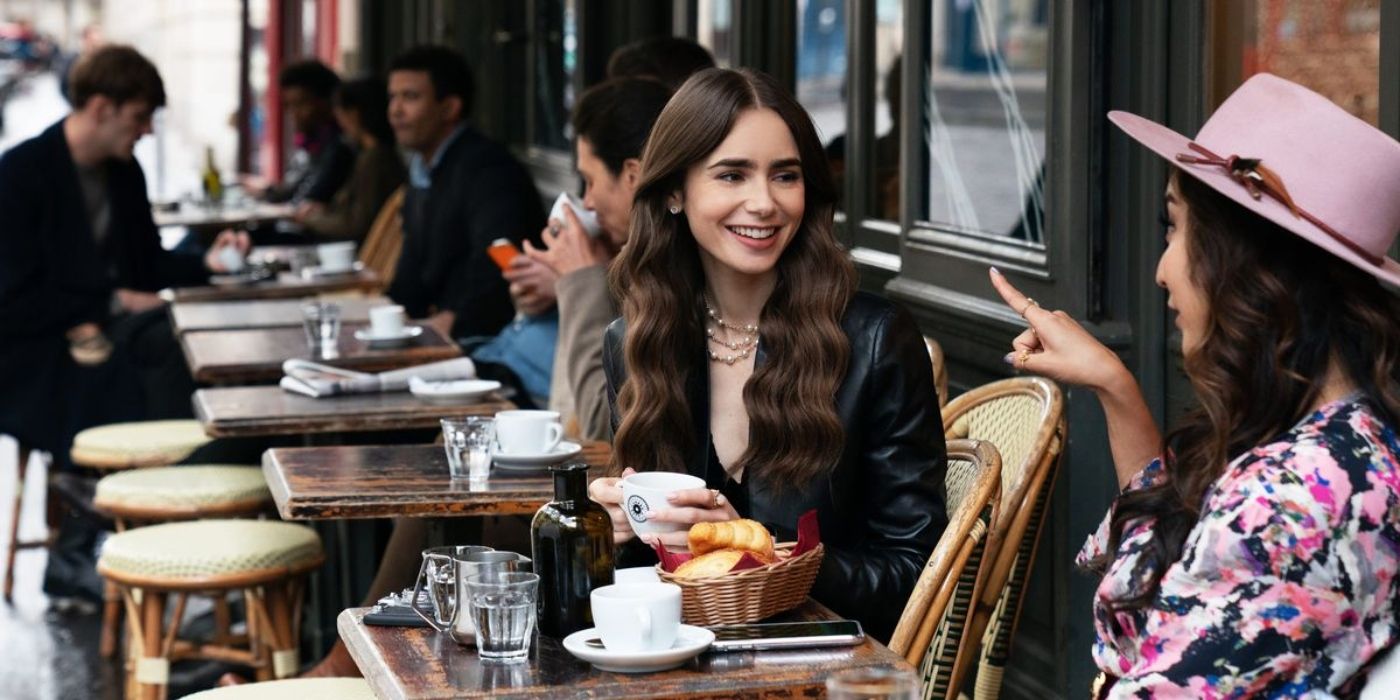
At another point, Bravo talks about the characters he got offered, saying: “You can’t be aesthetically beautiful and be smart or have depth. I kept getting roles like the dumb gym teacher. It’s hard to break that image. I’m not complaining, of course, but it’s a reality.” There is, of course, a myriad of things worse than having to deal with Bravo’s level of fame. But the actor does partially echo what many of his contemporaries have said in the past. Just recently, both Desperate Housewives alum Jesse Metcalfe and The Good Place star William Jackson Harper discussed the pressures of being perceived as hunks.
Typecasting is also an unfortunate reality. At times, frequently even, there are “shortlists” for known actors that producers and casting directors consider for certain roles. It’s a way for those in charge to narrow down the kind of actor they’re looking for or the sort of character they’re looking to bring to life. As Emily in Paris’ Gabriel, Bravo bemoans it can limit the scope of portrayals that performers are considered for. In the long run, it can be creatively stifling.
